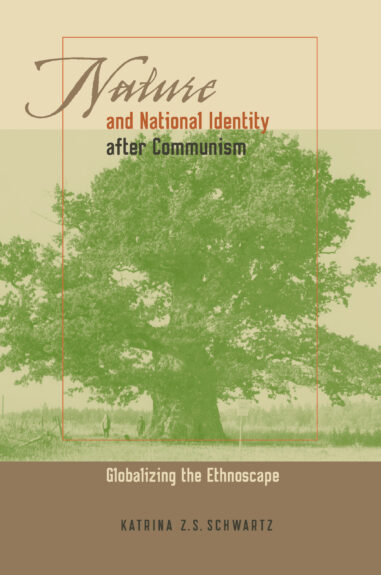

Paperback $55.00
Also available in Kindle
Request Exam or Desk Copy. Request Review Copy
Nature and National Identity After Communism
Globalizing the Ethnoscape
"Nature and National Identity after Communism deserves a wide readership. This highly original work focuses on the environmental politics and seemingly local issues in a small post-Soviet country—but Katrina Schwartz presents her story in a broad theoretical framework and raises important general questions about the responses of nations whose identities had been formed in an earlier, preindustrial era to the challenges of globalization. The book has something new to teach scholars in a variety of disciplines, regardless of their particular geographical focus."

